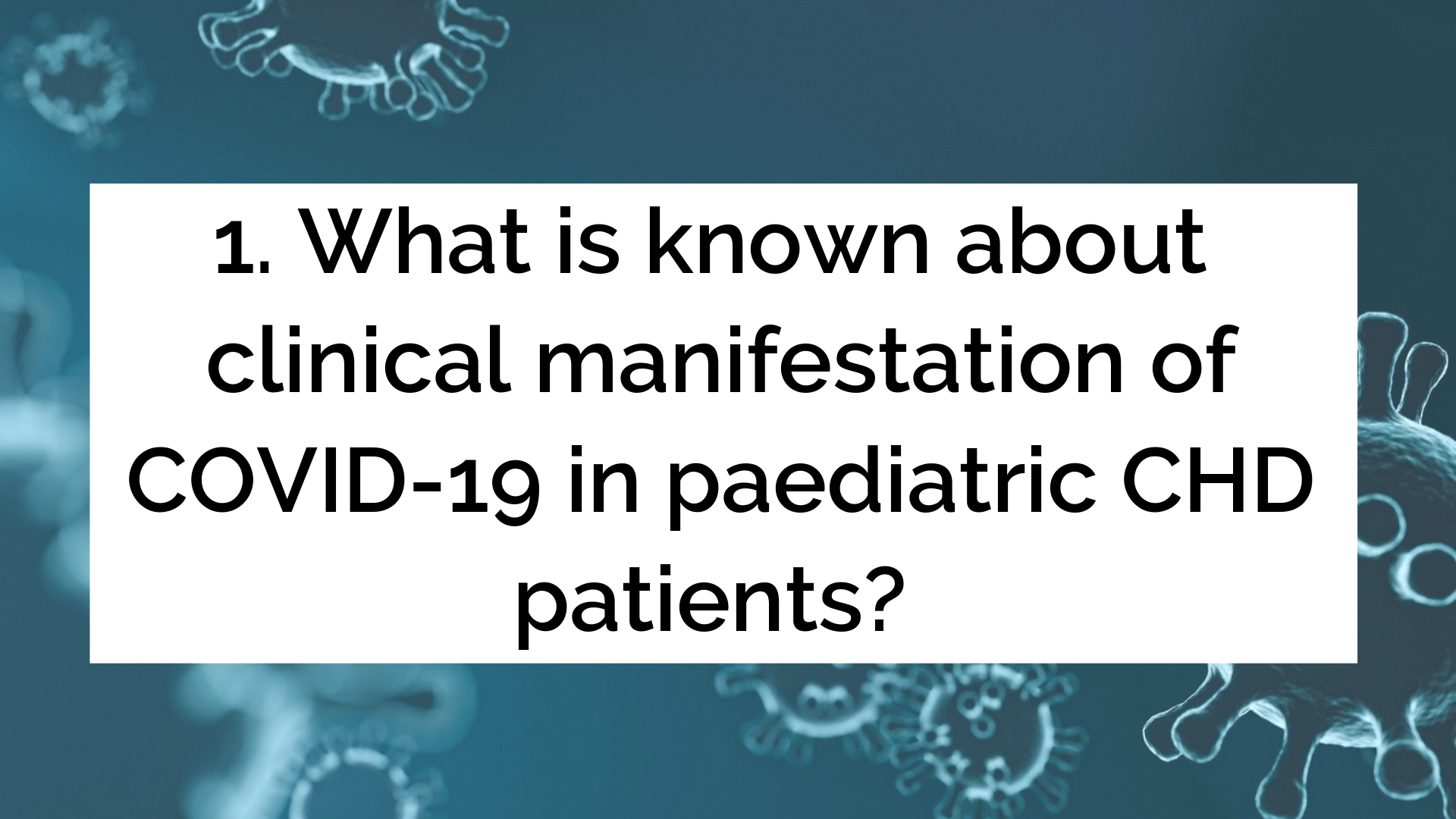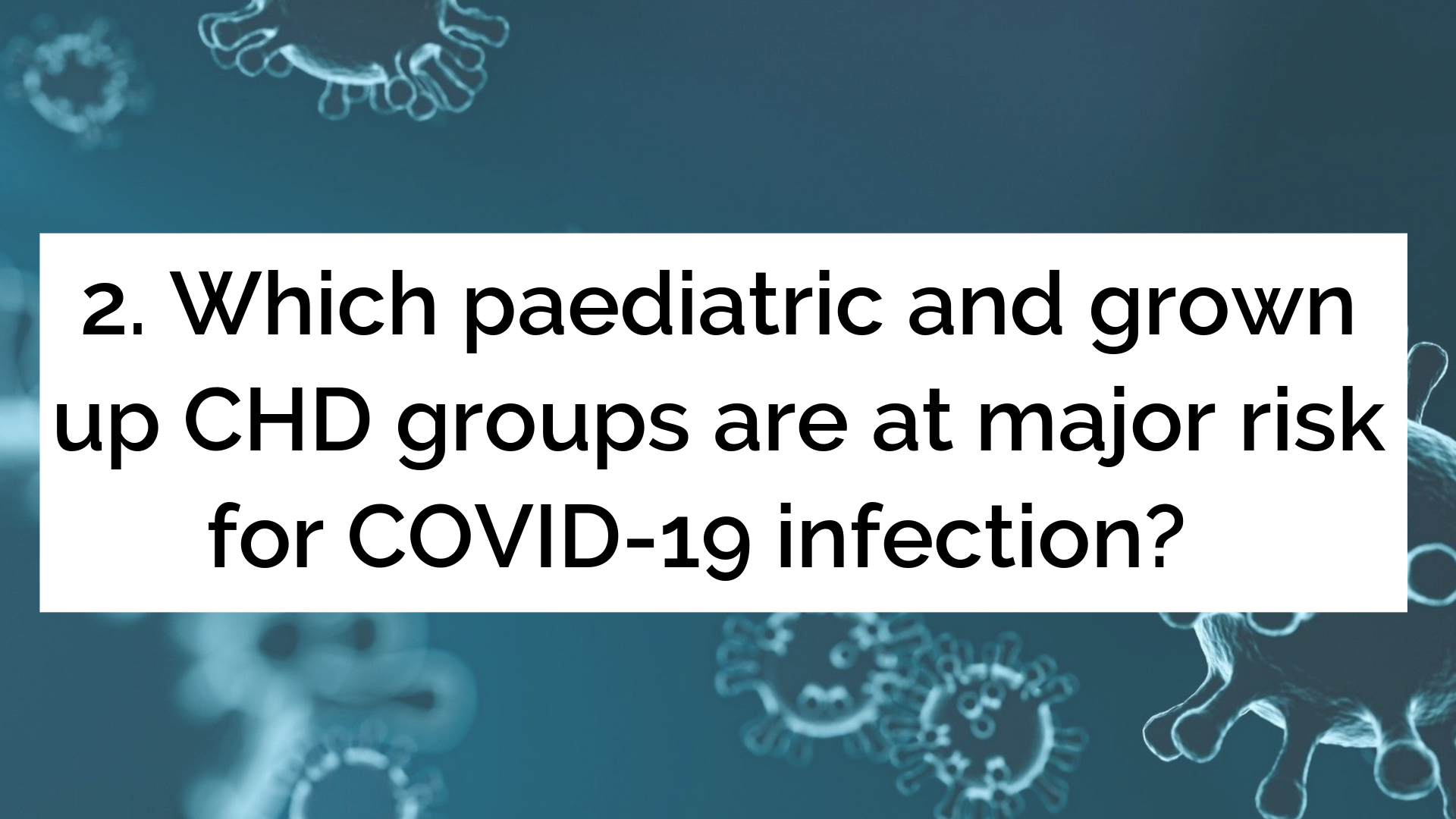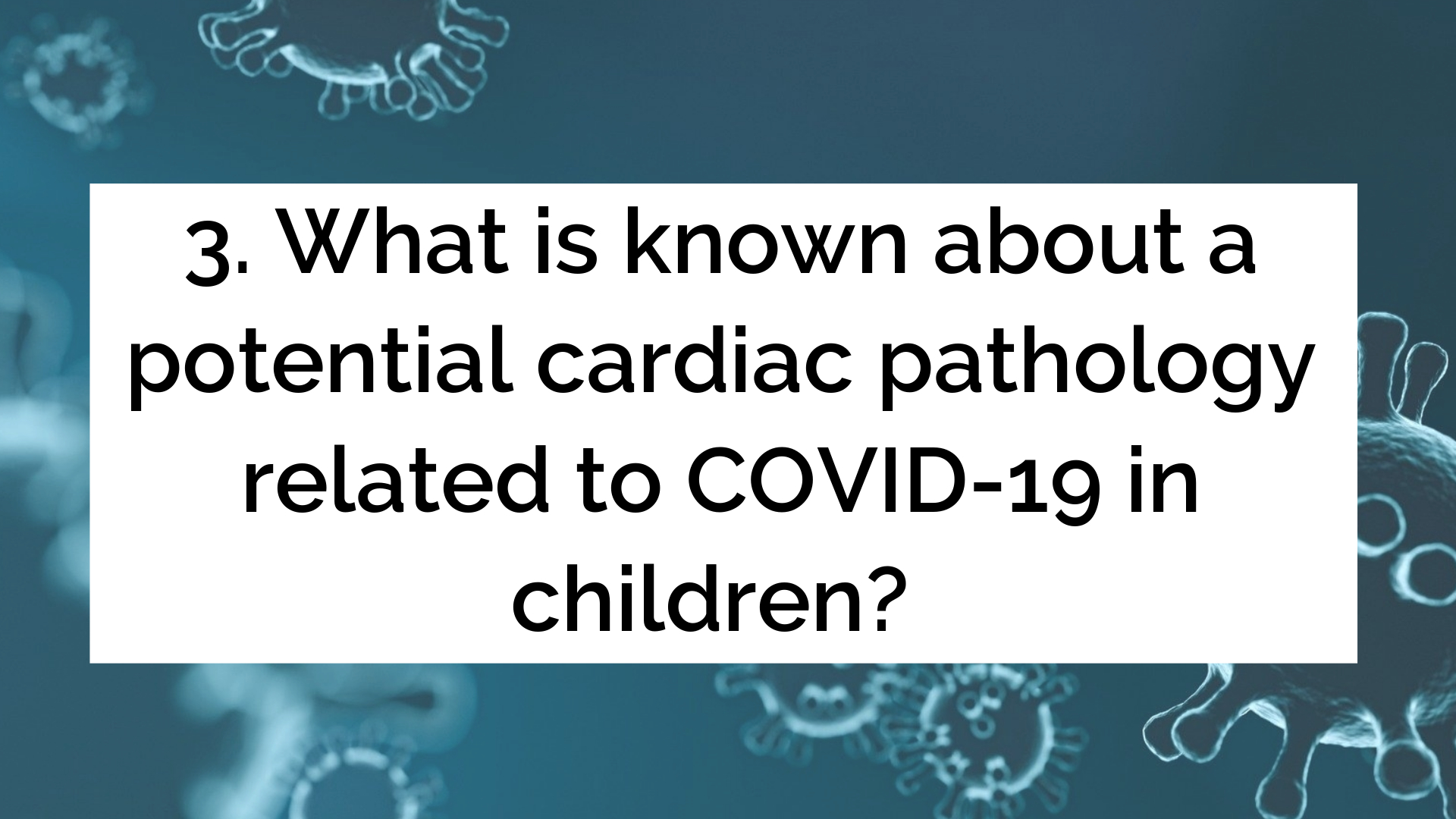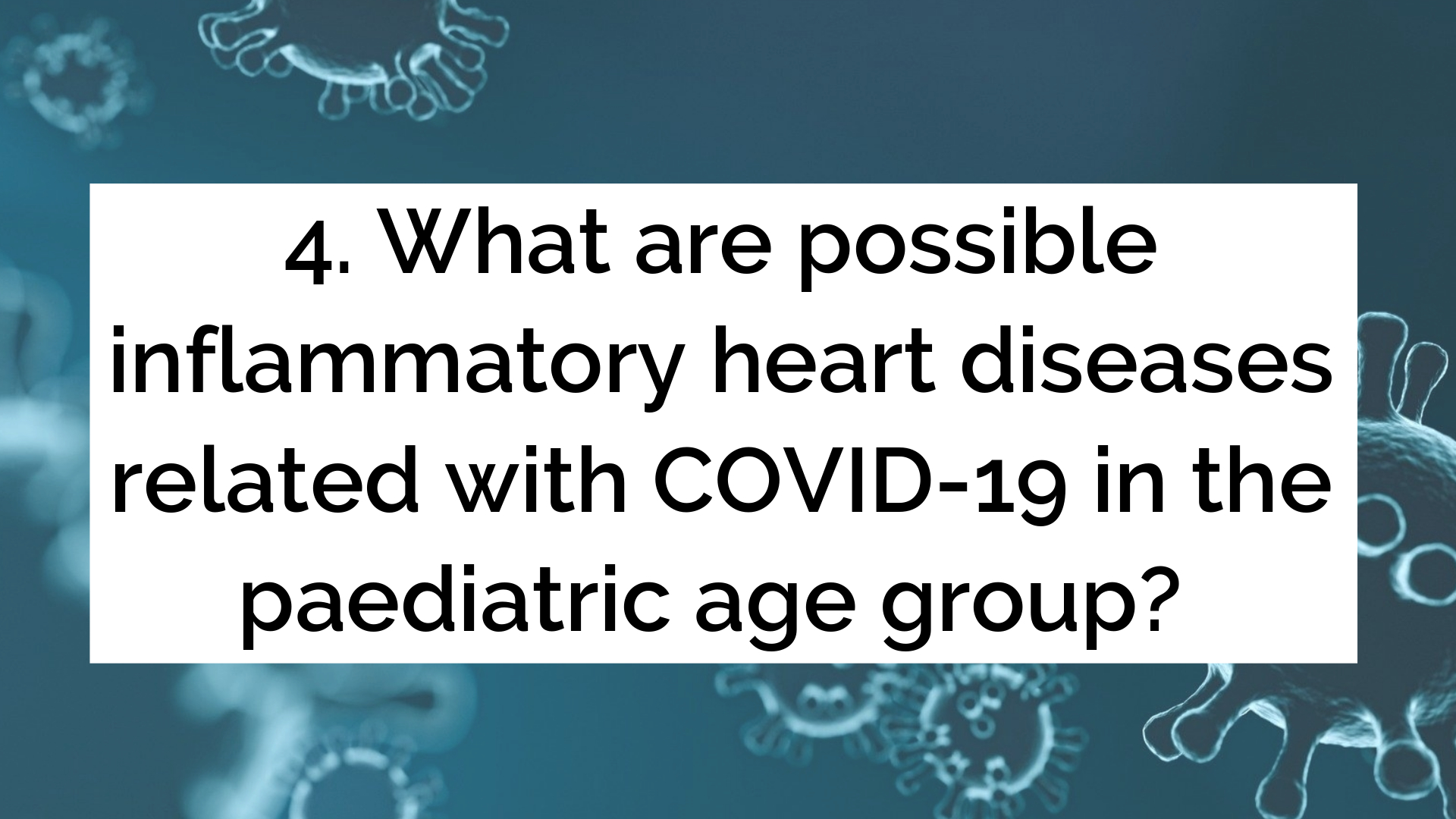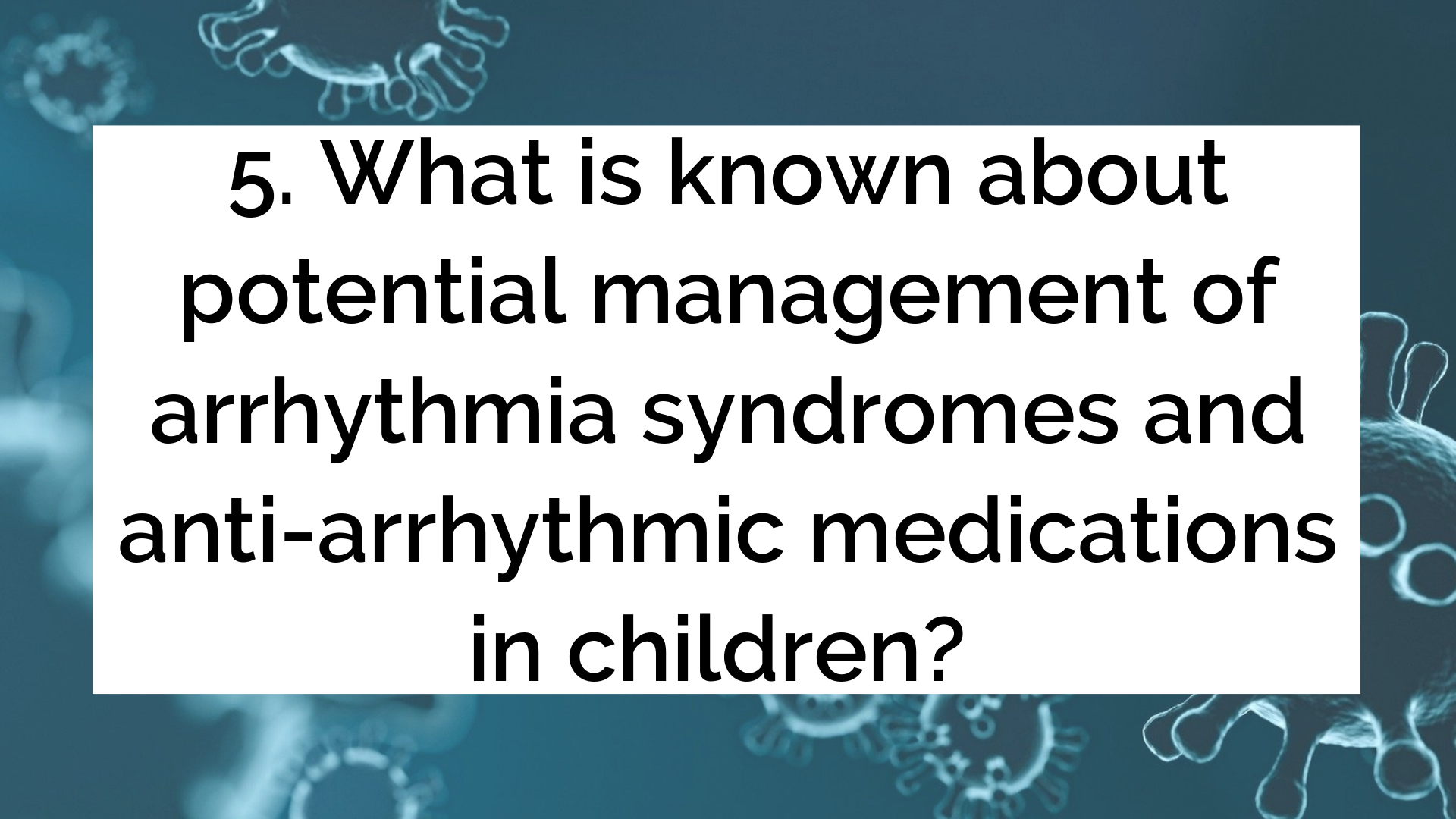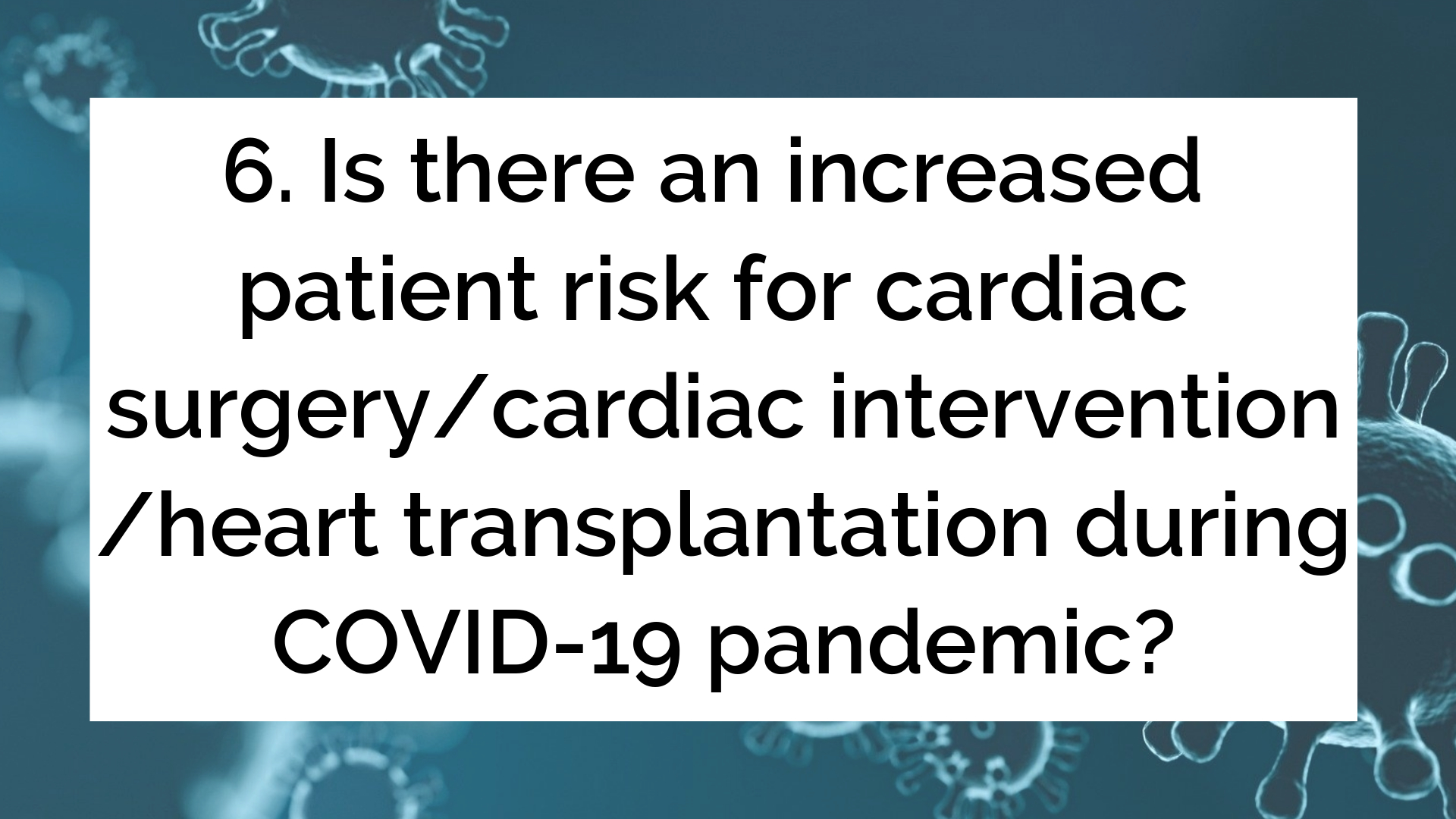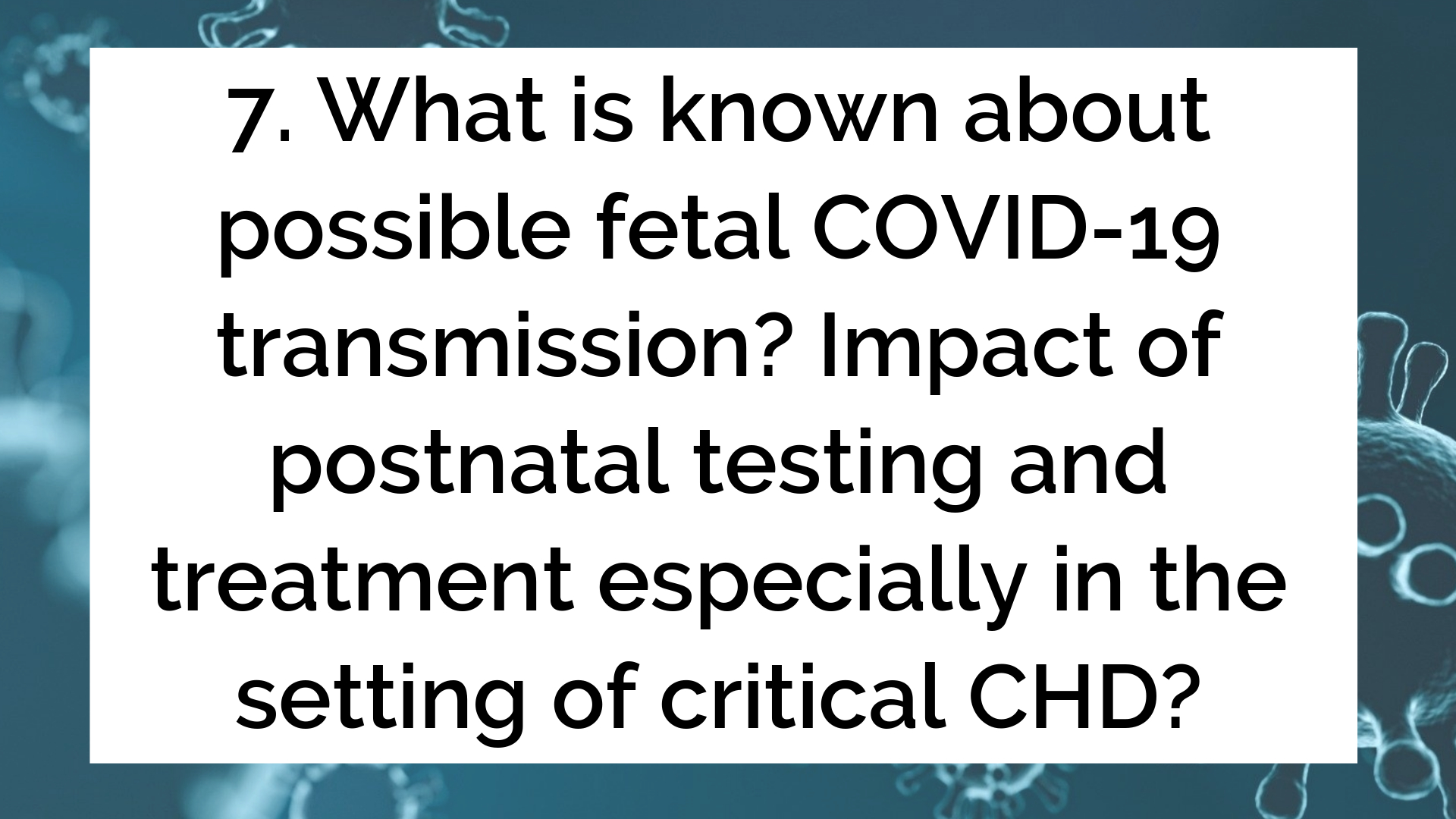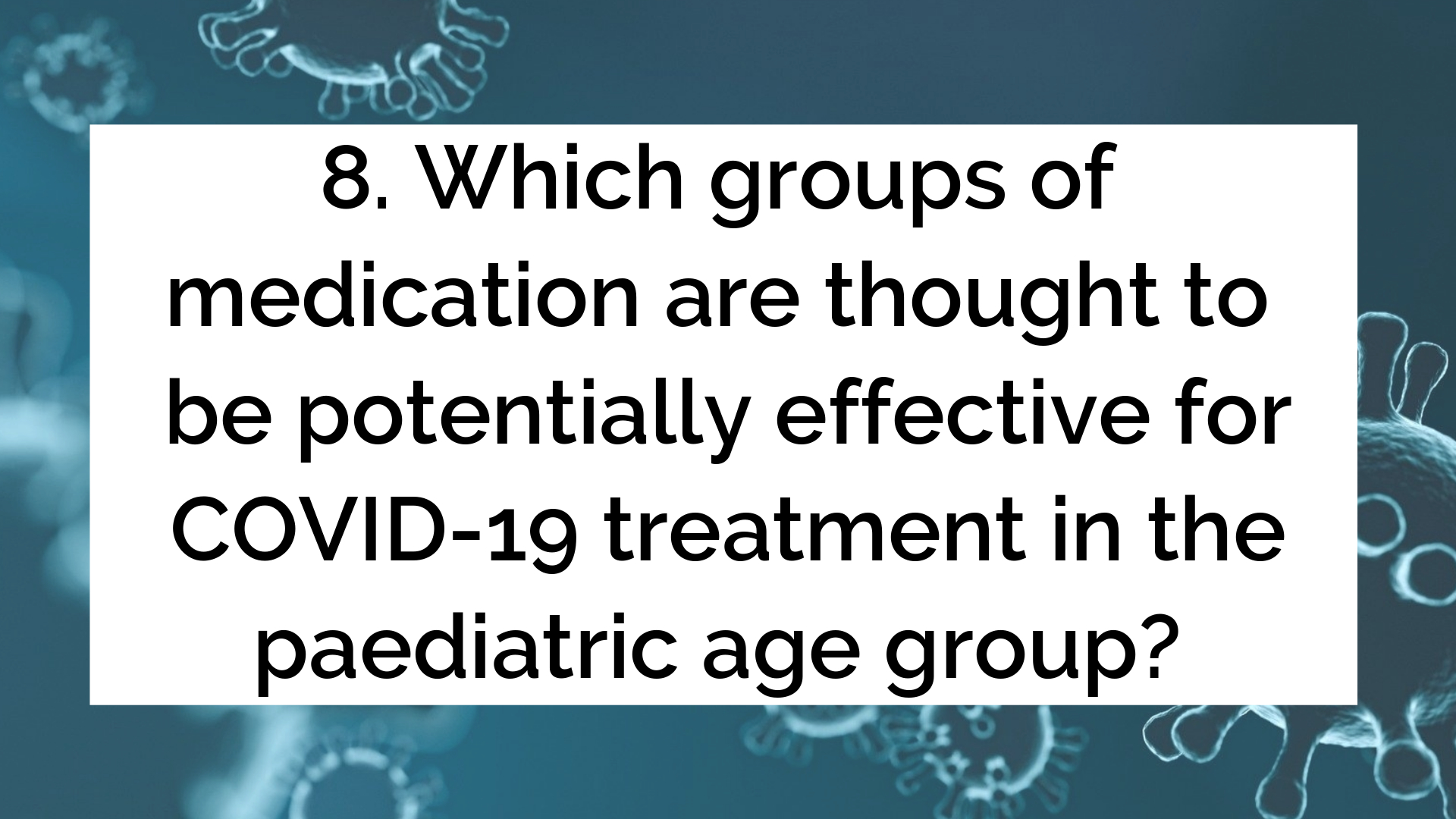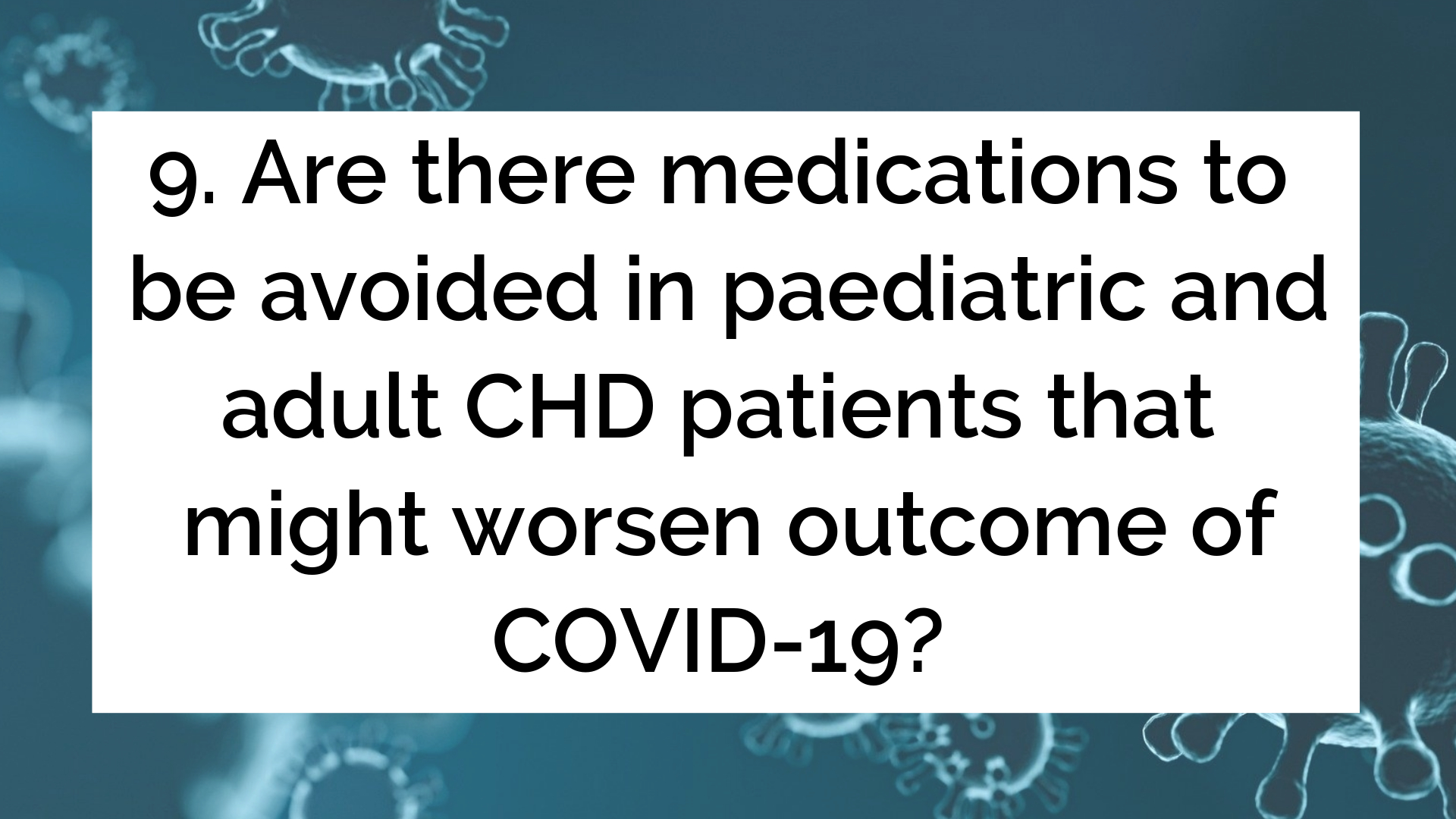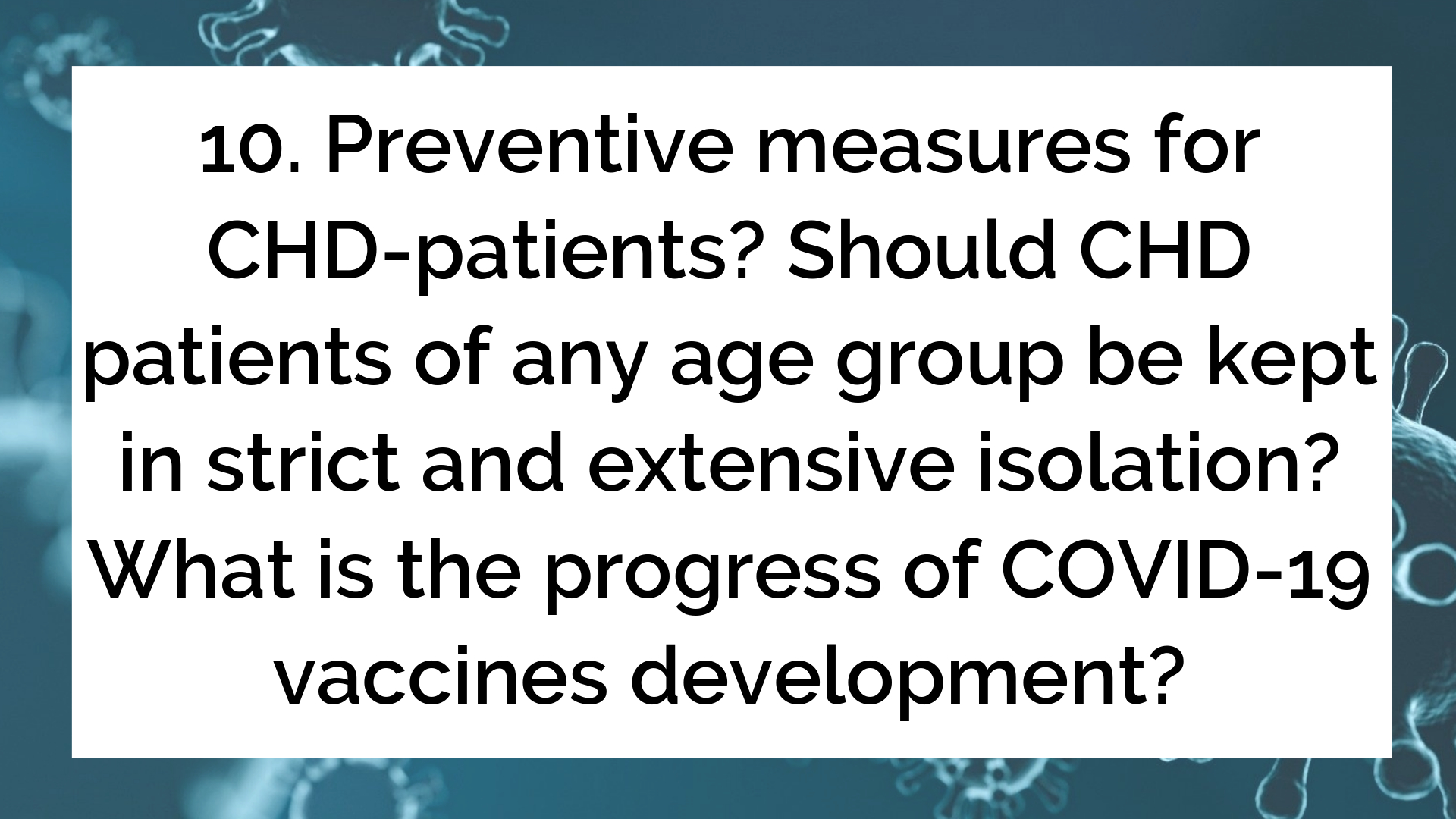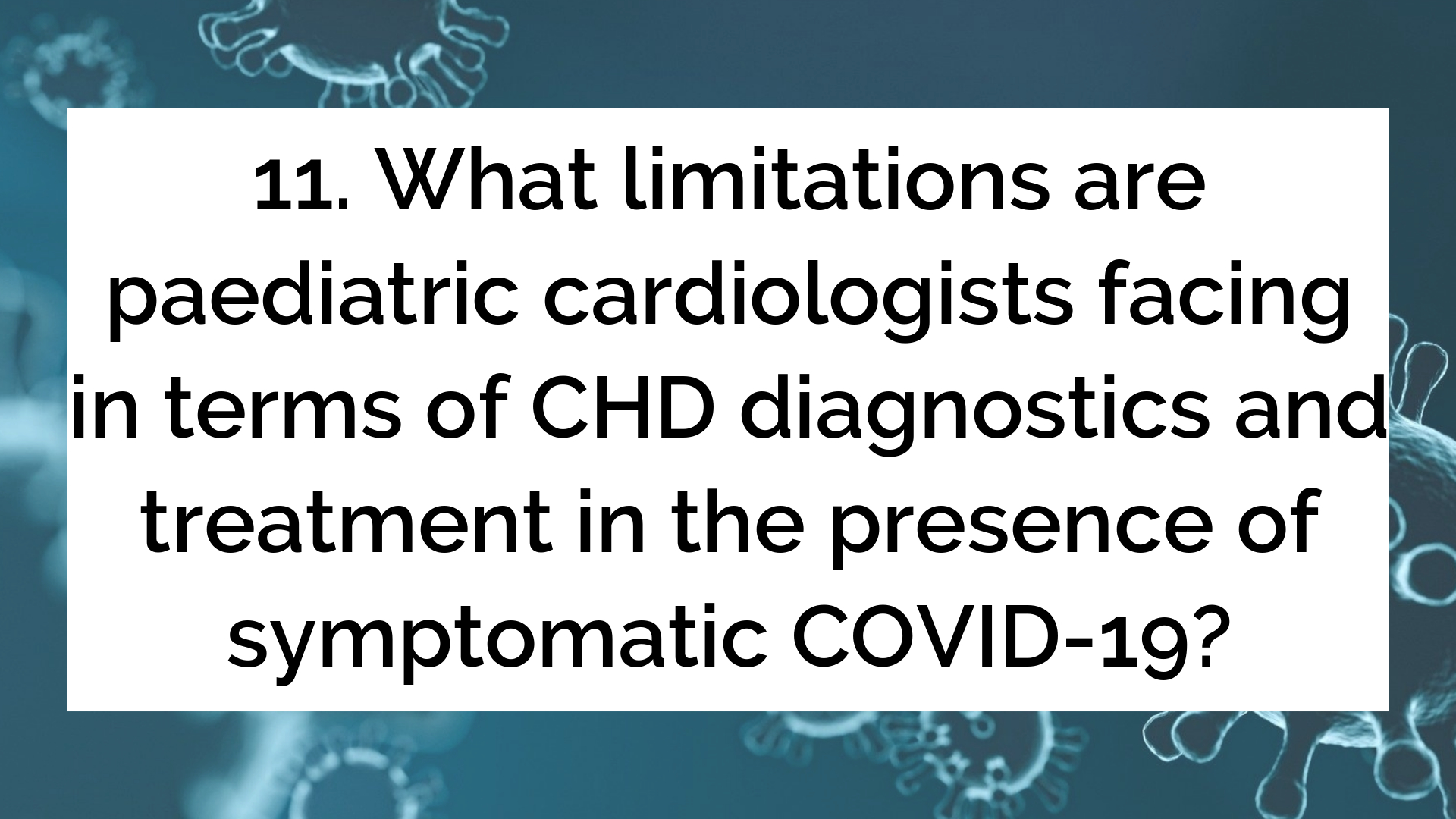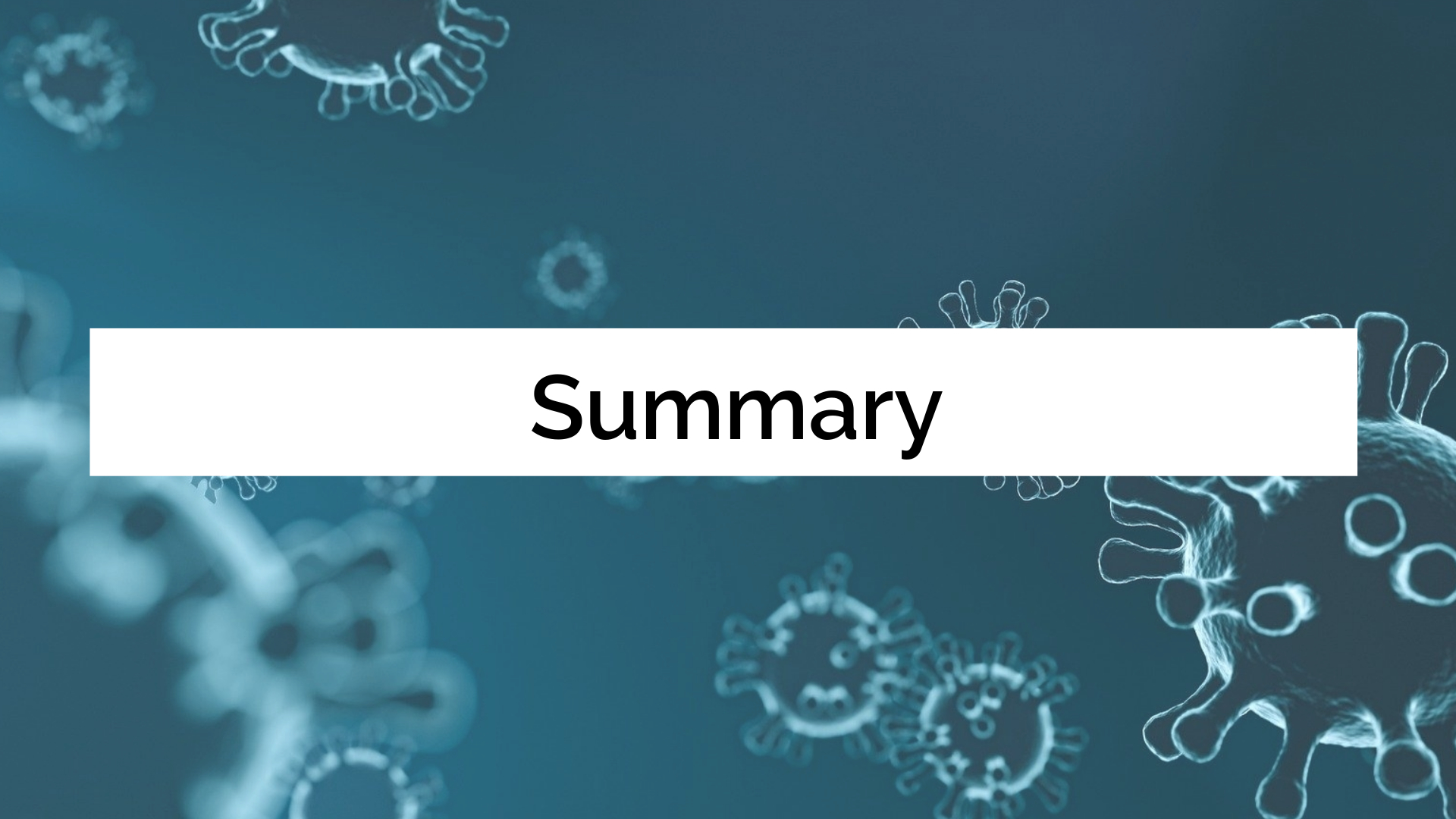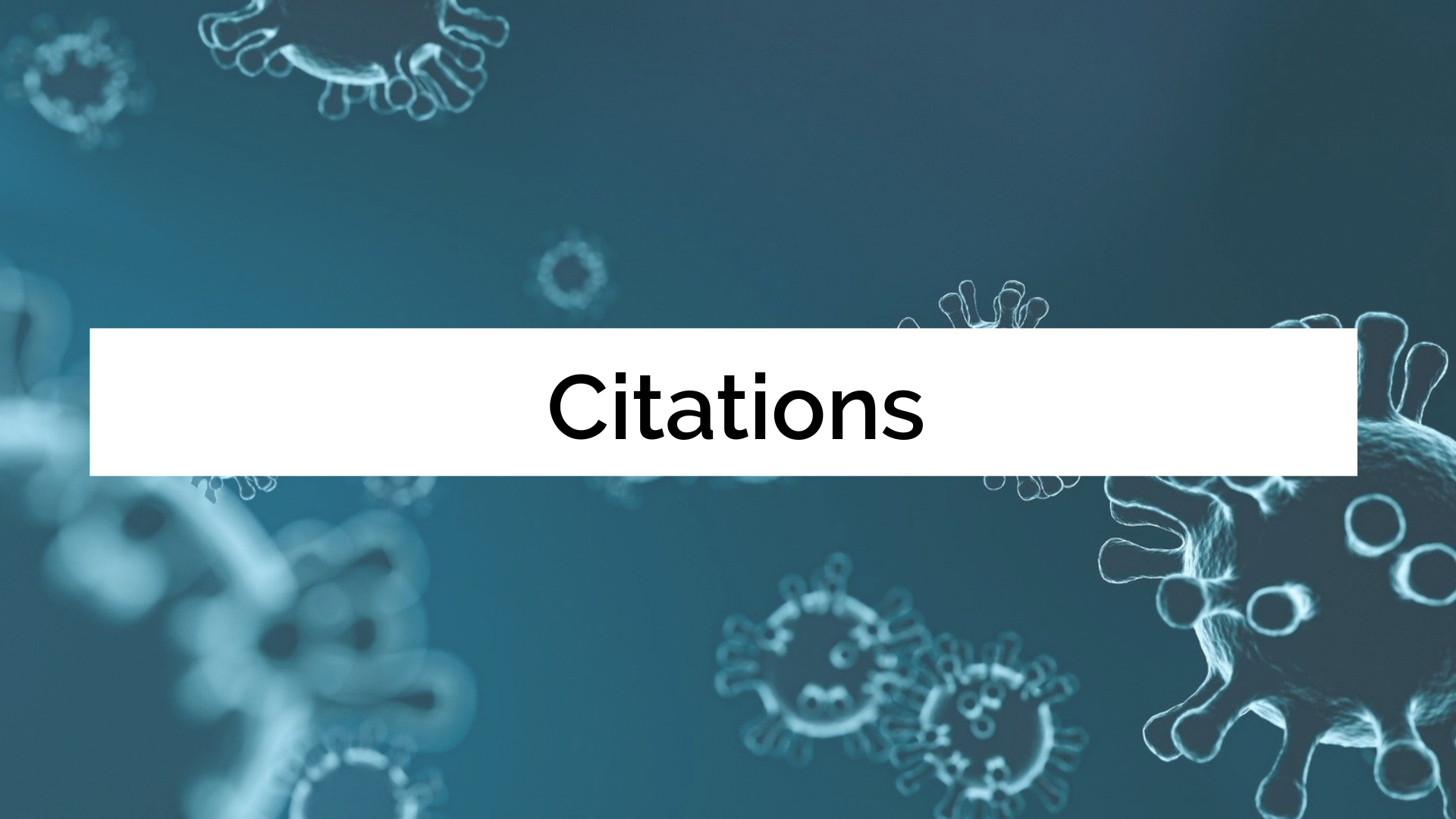COVID-19 Q&A
Covid-19 FAQ’s in Paediatric and Congenital Cardiology – AEPC position paper
Updated: 16 November 2020 (first version 16 June 2020)
Published in Cardiology in the Young:
Sendzikaite, S., Heying, R., Milanesi, O., Hanseus, K., & Michel-Behnke, I. (2021). COVID-19 FAQs in paediatric and congenital cardiology: AEPC position paper. Cardiology in the Young, 31(3), 344-351. doi:10.1017/S1047951120005028
ABSTRACT
The Covid-19 pandemic has had a huge influence in almost all areas of life, affecting societies, economics and health care systems worldwide. The paediatric cardiology community is no exception. As the challenging battle with Covid-19 continues, professionals from the Association for the European Paediatric and Congenital Cardiology (AEPC) receive many questions regarding Covid-19 in a Paediatric and Congenital Cardiology setting. The aim of this paper is to present the AEPC position on frequently asked questions based on the most recent scientific data, as well as to frame a discussion on how to take care of our patients during this unprecedented crisis. As the times are changing quickly and information regarding Covid-19 is very dynamic, continuous collection of evidence will help guide constructive decision-making.
Keywords: COVID-19, SARS-Cov-2, Kawasaki, multisystem inflammatory syndrome, AEPC, congenital heart disease.
It is now more than a half year since the Covid-19 pandemic started to influence almost all areas of life, affecting societies, economics and health care worldwide and it is likely that we will have to endure this for a long time ahead.
Many questions have arisen regarding patients with congenital heart disease (CHD), with respect to increased susceptibility to the coronavirus, the risk of more severe disease in the presence of CHD, the value of testing and regarding recent reports on the inflammatory disease with some Kawasaki features.
The aim of this paper is to present the AEPC position on frequently asked questions regarding Covid-19 in a Paediatric and Congenital Cardiology setting, based on continuous monitoring and evaluation of scientific papers. It should be kept in mind that times are changing fast and this paper has been written with the best evidence available at the time of writing. The AEPC position will be updated in the future according to further evidence in the literature.
Methods: This manuscript has been reviewed and approved by the AEPC Council for publication in Cardiology in the Young as an official position paper of AEPC.
Katarina Hanseus – AEPC President
Ruth Heying – AEPC Educational Committee
Ina Michel-Behnke – AEPC Councillor
Ornella Milanesi – AEPC Secretary General
Skaiste Senzikaite* – AEPC Junior Councillor *corresponding author
